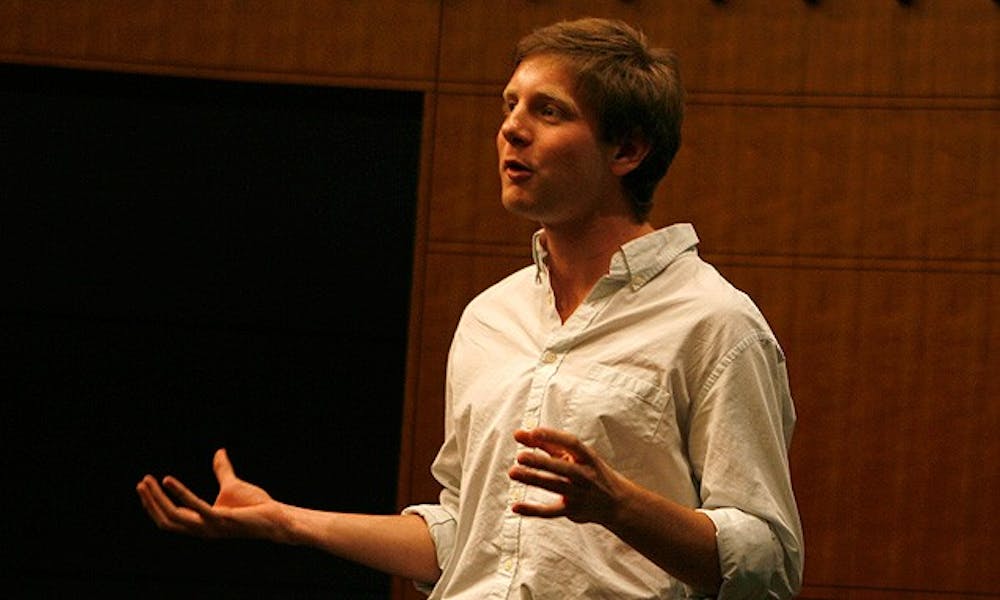Questions arose regarding Duke Student Government’s interaction with the Student Organization Finance Committee at the DSG meeting Wednesday night.
Senators learned that SOFC had given Duke Partnership for Service, an organization that connects student groups devoted to service, the power to allocate programming funds to certain student groups—a power that SOFC typically oversees alone. Both SOFC and DSG will review the funding allocations after dPS does, but DSG members said they did not know about this new procedure.
DSG President Awa Nur, a senior, voiced her frustration that SOFC had delegated the power to allocate funds to dPS without DSG’s knowledge.
“You are going to have your own goals. And if an organization comes to you and you don’t like their goals, I am worried about what comes from that,” Nur said, addressing the dPS members present. She added that SOFC is supposed to be an unbiased committee.
Members of dPS said the organization can provide a broader scope with regards to the funding needs of organizations related to service work, noting that the organization has met every group’s funding priorities so far.
Many DSG members agreed that dPS’s goals—which include creating a service community at Duke, helping groups operate effectively and increasing groups’ capacities for change—are sound, but that SOFC should not have administered this power without DSG’s knowledge.
“SOFC cannot legislate,” said Executive Vice President Gregory Morrison, a junior. “It’s a little bit interesting how we have an entire new constitutional change that has been birthed by a subcommittee.”
SOFC Chair David Hu, a junior, was not present and did not respond to an interview request by phone following the meeting.
dPS President Adam Nathan, a senior, said SOFC gave dPS the power to distribute funding to the groups because dPS is more familiar with those organizations and issues.
“Because we have a fiduciary responsibility over our organizations, it makes sense that we would be the first responder for people who want to start a group,” Nathan said. “The last thing that I would have wanted to do is impose something on the student government.”
In other business:
The Senate passed a resolution endorsing the creation of a creative writing minor, to be run by the English department. English professor Deborah Pope requested a creative writing minor be created last year, but the English department’s advisory committee dismissed the idea without providing Pope with a reason, said Vice President of Academic Affairs Cynthia Chen, a senior.
“The creation of a creative writing minor at Duke would allow those students outside the major interested solely in creative writing to pursue a concentration more tailored to their interests,” the resolution states. “[It] would also provide a significant step in furthering the University’s arts initiative to increase the presence and impact of arts programs.”
The body also approved a budgetary statute to allocate almost $310 to purchase 20 AM/FM transmitters for use at Wilson Gym. Each TV at the gym is synchronized with a radio station that gym-goers can listen to using the transmitters.
Senators also passed a resolution requiring organizations listed on the DukeGroups directory to update their contact information, mission statement and the estimated number of members. If groups fail to comply, they will be labeled “defunct.”
Get The Chronicle straight to your inbox
Signup for our weekly newsletter. Cancel at any time.

